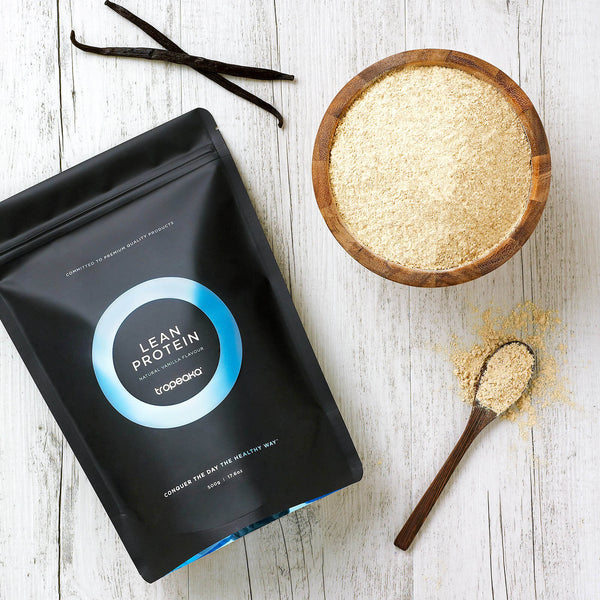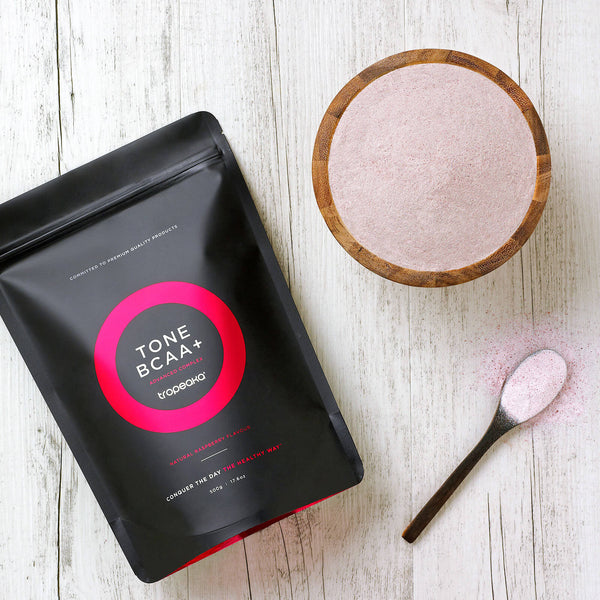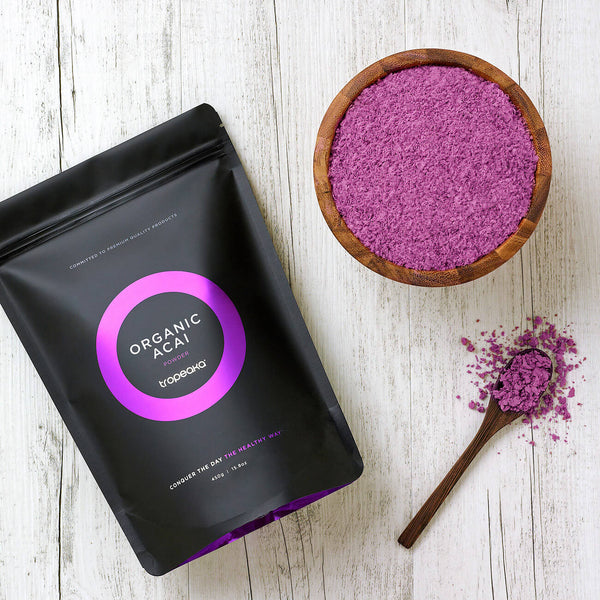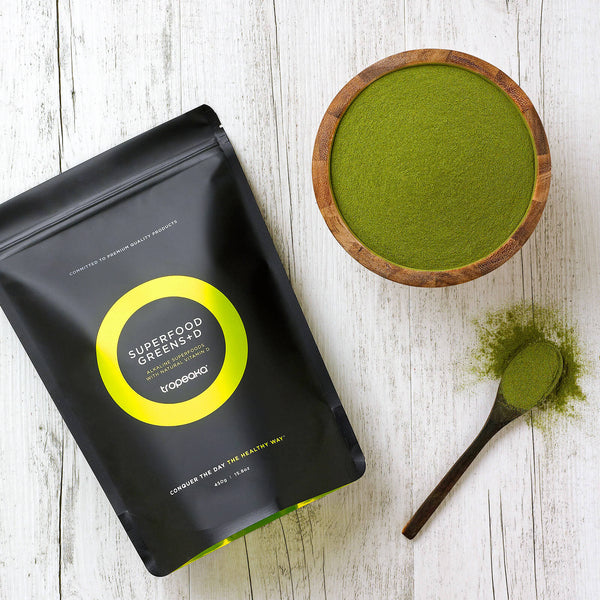"All disease begins in the gut" - Hippocrates
H
ippocrates understood that gut health was the key to great health, but he didn’t have the science back in his day to prove it. Although he didn’t know about bacteria or the gut microbiome, the Hippocratic view of health and disease has stood the test of time, and is supported by scientific evidence in 2019.
Our microbiome is the population of microorganisms that live inside and on our bodies, including bacteria, yeast, and viruses. The majority of our microbiome is located in our gut, and our colons are home to the densest population of bacteria in the world!
Bacteria are microscopic single-celled organisms that carry only one piece of DNA, and they live by absorbing nutrients from their environment, which leads them to grow and divide. Amazingly, there are 10 times as many bacteria in your body as there are human cells, and 100 times the amount of bacterial DNA in your body than there is human DNA.
Believe it or not, but we’re far more bacterial than we are human! So why should we take better care of our gut microbiome?
1
It’s unique like your fingerprint
Every single person has a gut microbiome that is unique to them alone. We each have our own delicate balance of bacteria, and when something happens to throw this balance off, we can experience many physical and mental symptoms. The uniqueness of our gut microbiome is a big part of why there is no 'one size fits all’ solution for optimal health and wellbeing.
An imbalance can be caused by many factors, including a bad diet, stress, illness, being overweight or underweight, and taking antibiotics. However, our diet is the most important factor affecting our bacterial composition, and according to Dr Will Bulsiewiscz, Gastroenterologist, Microbiome Expert and Passionate Poop Whisperer; the number one predictor of gut health is the diversity of the plants you eat.
If your probiotic bacteria were in charge of the menu, they’d want abundant sources of prebiotic fibres like inulin and oligofructose, as well as pectin, beta-glucans, glucomannan, cellulose, lignans, and fructooligosaccharides (FOS); all of which are found in plants. It’s useful to know a bit about the science, but much more fun to try out some prebiotic recipes!
Here’s another great collection of resources on food and gut health.
2
Gut bacteria influence more than just digestion
Our bacteria digest our food and make our vitamins, but they also affect our nutrient absorption, hormone regulation, detoxification, and our immune response, as well as our overall mental health. When in balance, our bacterial friends not only keep us alive, but they keep us well. When the delicate balance is disturbed, however, every system in the human body suffers.
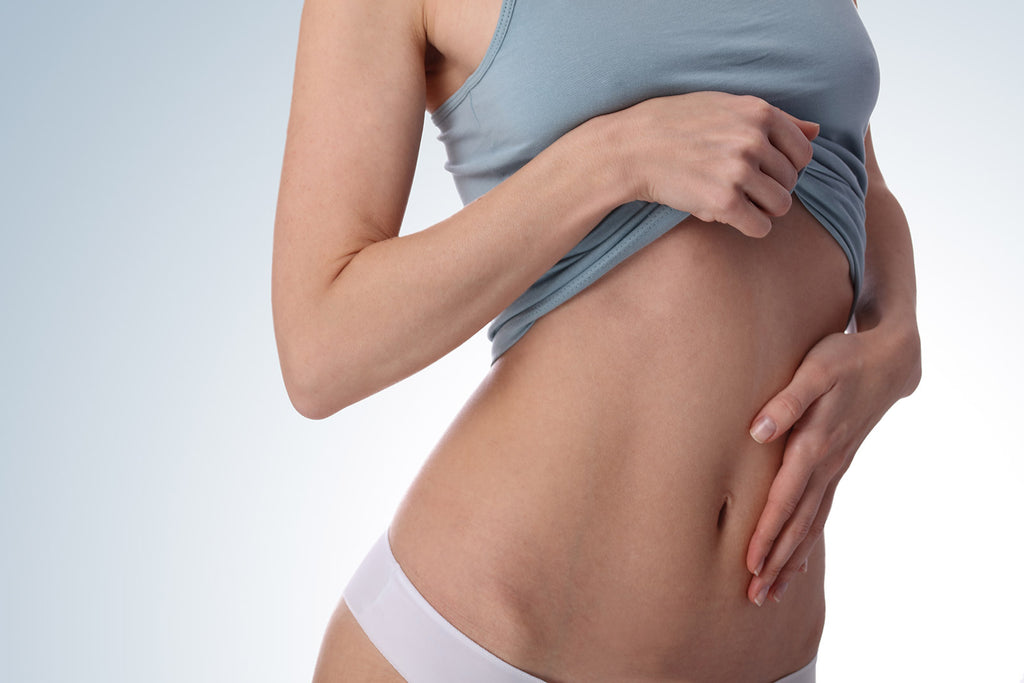
An imbalance in the microbiome is called Dysbiosis, and it means there is too much harmful bacteria, yeast, or parasites, and not enough of the beneficial bacteria with important jobs. When Dysbiosis occurs, our good bacteria are unable to do their job correctly, and we end up with digestive problems and nutrient deficiencies.
But that’s not all…
Dysbiosis also causes damage to the mucosal layer of the gastrointestinal tract, making it hyper-permeable and allowing bacteria and food proteins to enter the bloodstream, which leads to inflammation and triggers the immune system. This is known as 'Leaky Gut,' and there is growing evidence linking it with many physical and mental diseases.
Our gut microbiome actually communicates with our immune system to protect us
3
70-80% of your immune system is in your gut
The lining of our intestines is packed full of immune cells, so it’s no surprise that digestive problems are linked to allergies, arthritis, autoimmune diseases, mood disorders, autism, dementia and cancer. Although these illnesses seem unrelated to digestion, there is a wealth of evidence to suggest that poor gut health is the root cause.
Hippocrates was right about all disease beginning in the gut, but we now know that our gut microbiome actually communicates with our immune system to protect us. There are many types of bacteria in the world that have absolutely no business being in our bodies (think food poisoning!).
Bacteria can send signals to our intestines, and vice versa. This communication causes our bodies to make adjustments based on what’s happening in our gut. More specifically, our immune system may up-regulate or down-regulate certain genes in response to changes in our gut bacteria.
4
99% of your DNA comes from your microbiome
In a study conducted at Princeton University, humans are described as having anything from 1-10% DNA and 90-99% bacteria. We have around 1 trillion cells in our body that make us who we are, but we have 10 trillion bacteria cells inside us or on us at any given time. This means we are 10x more bacteria than human. In terms of DNA, each of us has about 30,000 human genes, but 100x more bacterial genes.
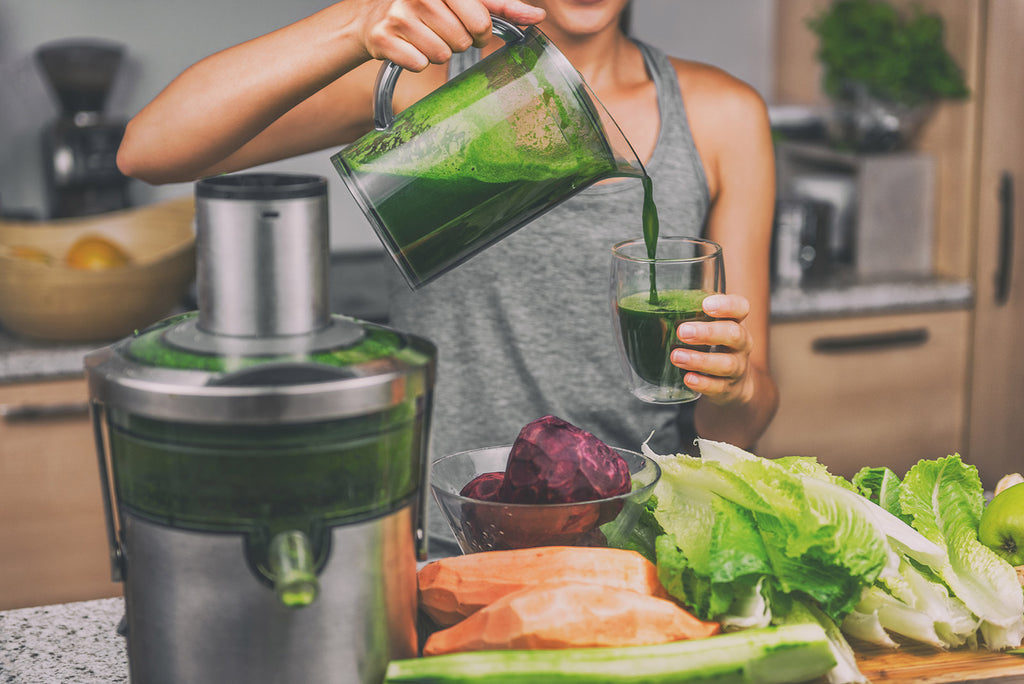
Through communicating with our immune system, as mentioned in point 3, our gut bacteria controls the activity of our DNA and the expression of our genes. By simply secreting a molecule, an individual bacteria can literally turn genes on and off!
Are you beginning to feel like bacteria rule us and the entire planet?
5
We manifest our stress in our gut
Studies show that increased stress can change the balance of bacteria in our gut and compromise our immune function. Even if our diet is on point, excessive stress can destroy our gut health and leave us susceptible to disease and poor mental health. This field of study is called Psychoneuroimmunology, and it highlights the importance of monitoring and managing our stress. Exercise, rest, meditate, smile and give your mind and body some extra TLC to keep those gut bugs happy.
95% of serotonin, the 'feel good’ hormone, is produced in the gut
6
The gut is your 'second brain’
We have an insane number of nerves in our gut, so when we eat something overly processed or something that we have a sensitivity to, it’s very common for the gut to become irritated or inflamed. This inflammation causes the Enteric Nervous System (ENS) to signal the Central Nervous System (CNS) to affect our serotonin levels.
95% of serotonin, the 'feel good’ hormone, is produced in the gut. As this neurotransmitter is responsible for our moods, changes to our serotonin levels can evoke anxiety, stress, and depression. This is why the gut is known as our' second brain,’ and it’s no surprise that poor digestive health is often linked to decreased cognitive function, impaired memory, and even Parkinson’s Disease. Serotonin imbalances have also been linked with a range of other diseases, including Irritable Bowel Syndrome (IBS), Cardiovascular Disease and Osteoporosis.
It’s easy to see why we should take care of our bacterial buddies
All this information about bacteria controlling us might sound pretty scary, but knowledge really is power. Although our bacteria do control us, there are some things we can do to keep the beneficial bacteria thriving and functioning well.
Eating the right foods can have a hugely positive effect on our gut health and overall wellbeing. Every time we eat, we are either feeding the good bacteria, or we’re feeding the harmful bacteria. Just remember that bad bacteria thrive on sugar and unhealthy fats, while fibre is the single most important nutrient that good bacteria need to thrive inside us. If we focus our diets around probiotic and prebiotic plant-based foods, then we’re already guiding our gut bugs in the right direction.
Our food choices shape our gut microbiome, and our microbiome shapes our mental health, immunity, hormonal health, and everything in between. In a way, our food choices shape who we are and how we experience life.
In addition to eating a diverse range of plant foods, our gut microbiome will thrive if we monitor and manage our stress levels, stay fit through regular exercise, and avoid excessive use of antibiotics. When you really do need a course of antibiotics, it’s essential to learn how to protect your gut throughout the treatment, and how to restore balance after taking antibiotics.
Keep an eye out for Sarah’s Day Body Bloom, which will be back in stock very soon, and is a great natural product for restoring balance to the gut.


